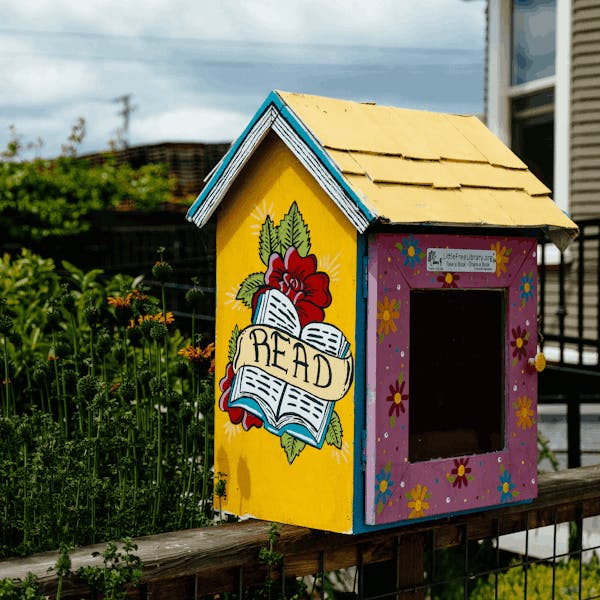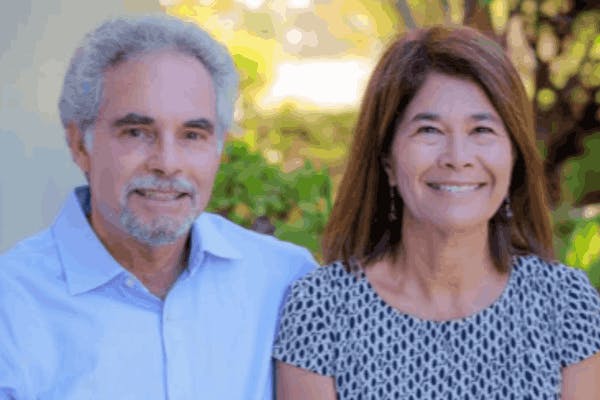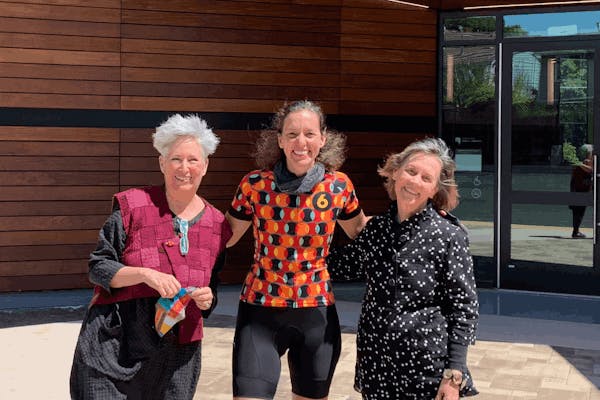
Generosity in Action
Flowers to Philanthropy
Header photo credit: Josh Zuelker.
Fresh out of college at UC Berkeley, Steve Dautoff set off in his Volkswagen van in search of a new place to call home. It was 1969 and a country full of possibilities stretched before him. But Steve didn’t make it very far–his van broke down in Watsonville. “It was a beautiful place,” Steve shrugged, “so I ended up staying.”
Also by accident according to Steve, he fell into flower farming. “I started with the hippie daisy, you know?” he said laughing. But 1.5 acres in the early 70s eventually turned into a booming 50 acres of lilies, iris, and daisies (of course). In the early 1990s, Steve transitioned out of the fields and moved into selling flower bulbs from which he retired about two decades later. Selling his nursery enabled him to start a fund at the Community Foundation. “People in my family were taught to give back,” he said. “So when there was an opportunity to make a charitable investment, albeit modest, I did.”
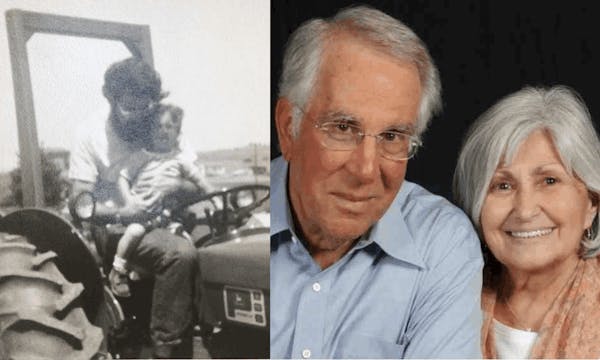
A Garden of Possibility
Now 79, Steve and his wife Carmella–who also has deep roots in Santa Cruz County–are actively involved in giving to the causes they care most about. Most recently, Steve and Carmella donated to Starlight Elementary’s Culinary Garden & Teaching Kitchen on the school’s Watsonville campus. One of five such projects in the US, it’s seed funding and design was granted by the Emeril Lagasse Foundation started by the celebrated chef of the same name. This national program has connections back to Santa Cruz as the 800 page curriculum was created by garden-based education nonprofit Life Lab who is rooted at the UC Santa Cruz farm.
When Steve and Carmella first toured the project site, Carmella didn’t know what to expect. But the vision for the garden moved her deeply. “Through the program, young people will be learning the value of growing, harvesting, and preparing food, learning the basics of nutrition, and literally have hands on experience with science, math, reading and writing through the garden’s academic curriculum.”
For Steve, it’s the connection to agriculture that excited him. “It’s the lifeblood of the work in south county,” he said. “This program is oriented towards uplifting the work of agriculture, especially for so many of the students at the schools in Pajaro Valley, who are children of farmworkers. At the start of the pandemic, the country finally recognized farmworkers as ‘essential’ and hopefully this garden expands the notion of what that means. Farming is part of the economic food chain and an integral part of the economy. Through the garden, children will see the extreme value of the work that their parents are doing.”
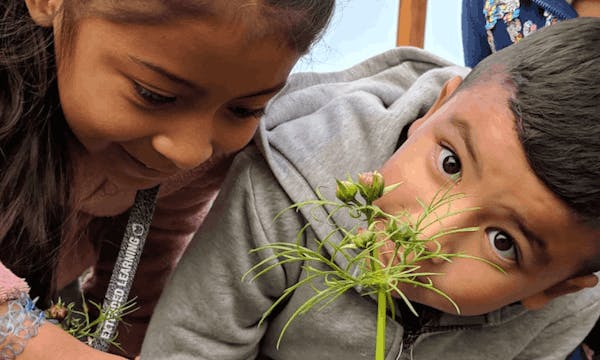
A Hub of Learning
Slated for completion by the end of 2022, the Starlight Kitchen/Garden project will be a permanent, fully-equipped 30-student 1,543 square foot teaching kitchen adjacent to a 7,900 square foot organic garden and community gathering space. As the students study rainfall patterns, soil science, and food systems, they will gain foundations in data science, sustainable agriculture, and biotechnology. And, as they advance through middle and high school, students can further pursue these interests through Pajaro Valley Unified School District's (PVUSD) career technical education program which will prep them for college and related careers.
The garden will be available to the entire district too through field trips, after-school programs, summer school, field trips, and teacher trainings. Students throughout the district will be further nurtured in by PVUSD’s community partner investment in garden-based learning–by 2024, all 16 PVUSD elementary schools will have Life Lab gardens.
Nurturing Generosity
Initially, Steve and Carmella used their Donor-Advised Fund to make a gift to the Starlight garden. Wanting to maximize their giving, Steve also used the Required Minimum Distribution (RMD) from his retirement account to give even more. “Using my RMD as a qualified charitable distribution was a really tax-smart way to give since it’s not treated as taxable income. This way, we could make the most of our gift to the project.”
Carmella and Steve find working with the Community Foundation easy. Steve said, “The process of the RMD is simple. The check went to the Foundation and they passed it right to Starlight.”
Over his long history with the Community Foundation, Steve appreciates the work that staff does to make his giving easy by taking care of all the administration. “I’ve been impressed by the leadership of the Foundation all along, from a founder Diane Porter Cooley to the current staff. Foundation staff are always searching out the new and different, not just advising on giving to the established nonprofits. I like how they help the up and comers, mentoring and guiding them in becoming successful in what they do.”
Both Steve and Carmella are grateful to support the Starlight Kitchen/Garden project. Carmella said, “It’s humbling to be able to help this project. We’re truly thankful to the people who dreamed this garden and who are working so hard to make it happen. We’re honored to be just a small part of it.”
*Driscoll’s, Inc. is providing a $55K matching grant to help Starlight’s Culinary Garden & Teaching Kitchen cross the fundraising finish line! Get your gift matched today!
